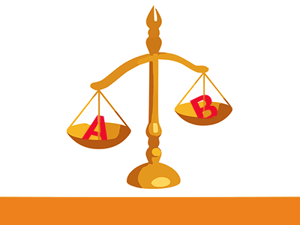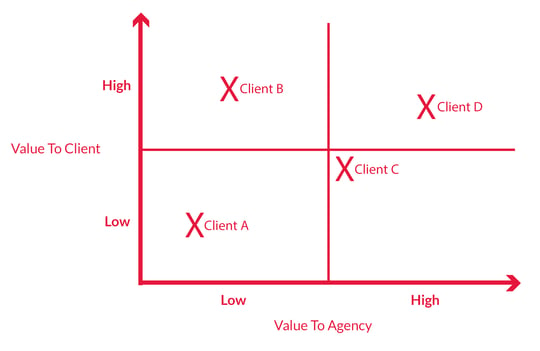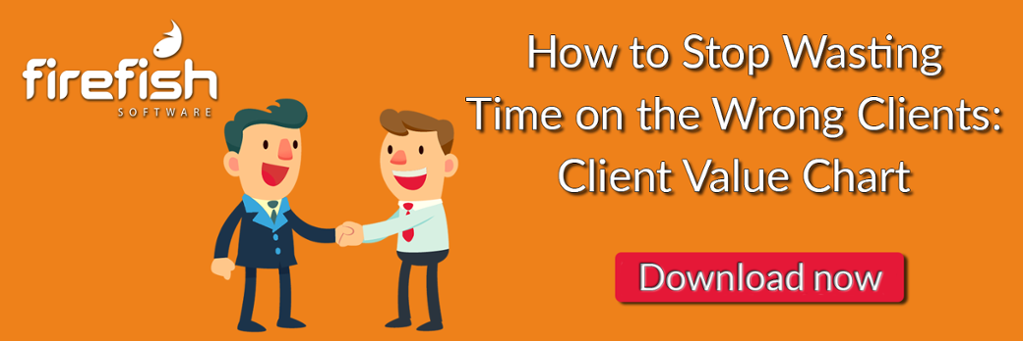All recruiters have clients they do favours for that they feel they shouldn’t, and others for whom they feel like they could do more. The big question that business owners struggle with is how to identify where their priorities should lie.
As well as revenue we tend to measure long term relationships by considering client engagement, how we actually feel about the clients, and how they’ve interacted with us in the past. It’s natural to feel best about relationships when we are valued by the other people at least as much as we value them.
 Finding your most valuable client
Finding your most valuable client
The first thing to do is make a list of everything that you value in a client. It could be that you work exclusively for them, you have good margins with them, and they frequently give you retainers for looking at permanent roles. It might just be that they treat you with respect and act fairly toward you. Whatever it is you value, make a note of it.
Now you have your list, you need to write another list of what you consider to be your major customers. Make a list of everything that your clients value. It could be great service, lowest price, speed of delivery, or quality. Finally, take each customer and chart them on a graph like the one below, putting a cross in each relevant box.
Now take a fresh look at each client based on their position on this chart:

Based on where the client has placed on the chart, you can identify the next steps to take in your relationship.
- A - Client Low – Agency Low: You should seriously consider getting out of this relationship. There’s very little to motivate either party, which can lead to strained and inefficient work practices on both sides
- B - Client High – Agency Low: You need to renegotiate on this client or get out. Finding more value for yourself could be as simple as raising your fee, or you could perhaps ask more exclusive work in the future.
- C - Client Low – Agency High: The value that you’re getting here will be short term. If you want to continue to develop this relationship then you need to find out ways to deliver more value for this client before they replace you. This could mean you need to sell your expertise further showing just how good a job you are actually doing for them.
- D - Client High – Agency High: Ideal! If you’re here then you likely have an excellent foundation. To maintain this you need to develop procedures that produce long-term value for both parties. This might even mean taking some time to put in place a new business model that is mutually beneficial. It’s challenging, but it will help solidify the relationships you want to keep for the long term.
Identify Areas That Need Work
This tool isn’t just useful for establishing whether a client is valuable to you, it also helps you to identify where points of friction may appear between you and your clients in the future. Once you’ve established this information, take some time to move each client towards the sweet spot on the chart. Not only will it improve your business relationship with them, it will also strengthen and lengthen those important business relationships that you rely on to keep your business growing!
Alan Hiddleston
Alan is an advisor here at Firefish with experience in both sales and marketing.




